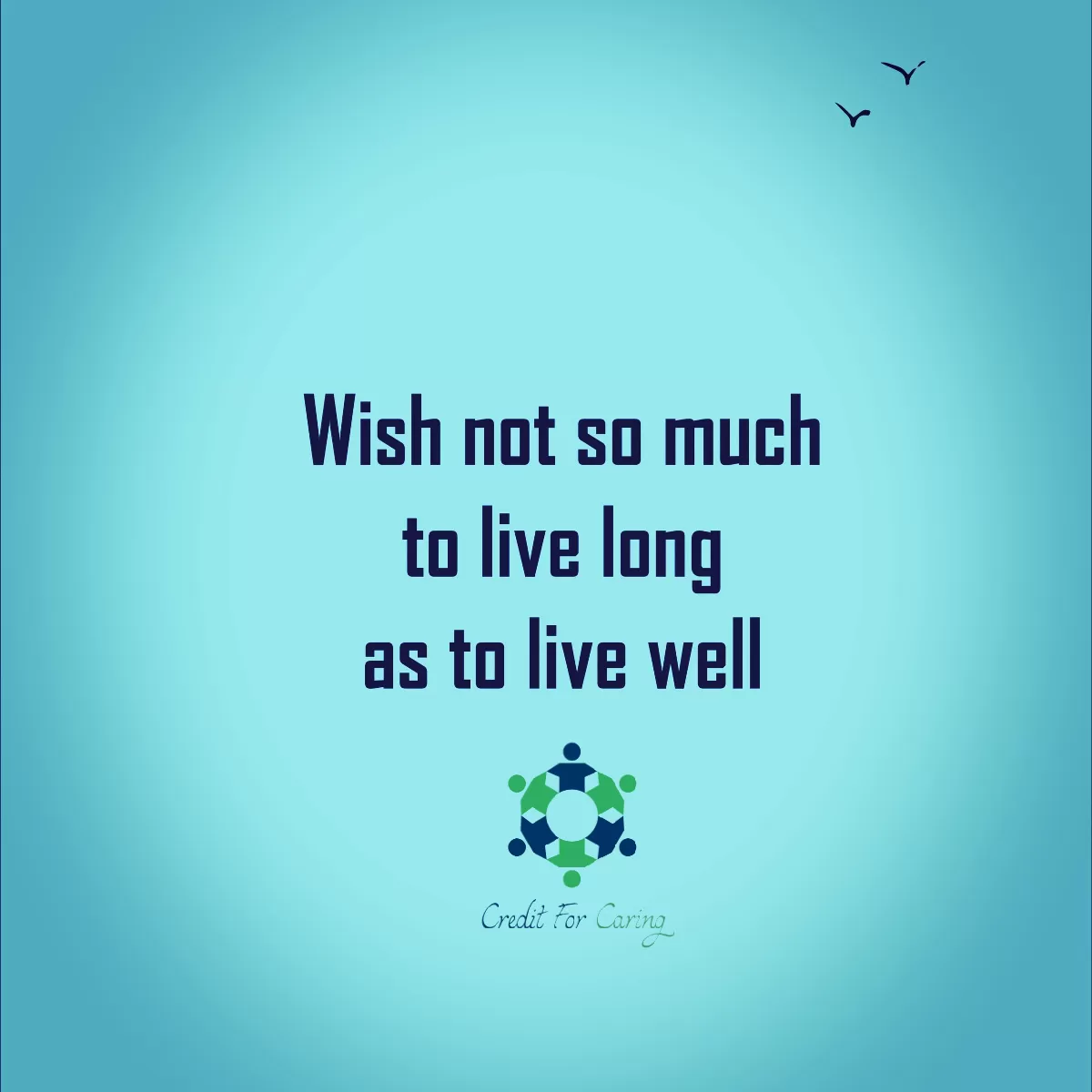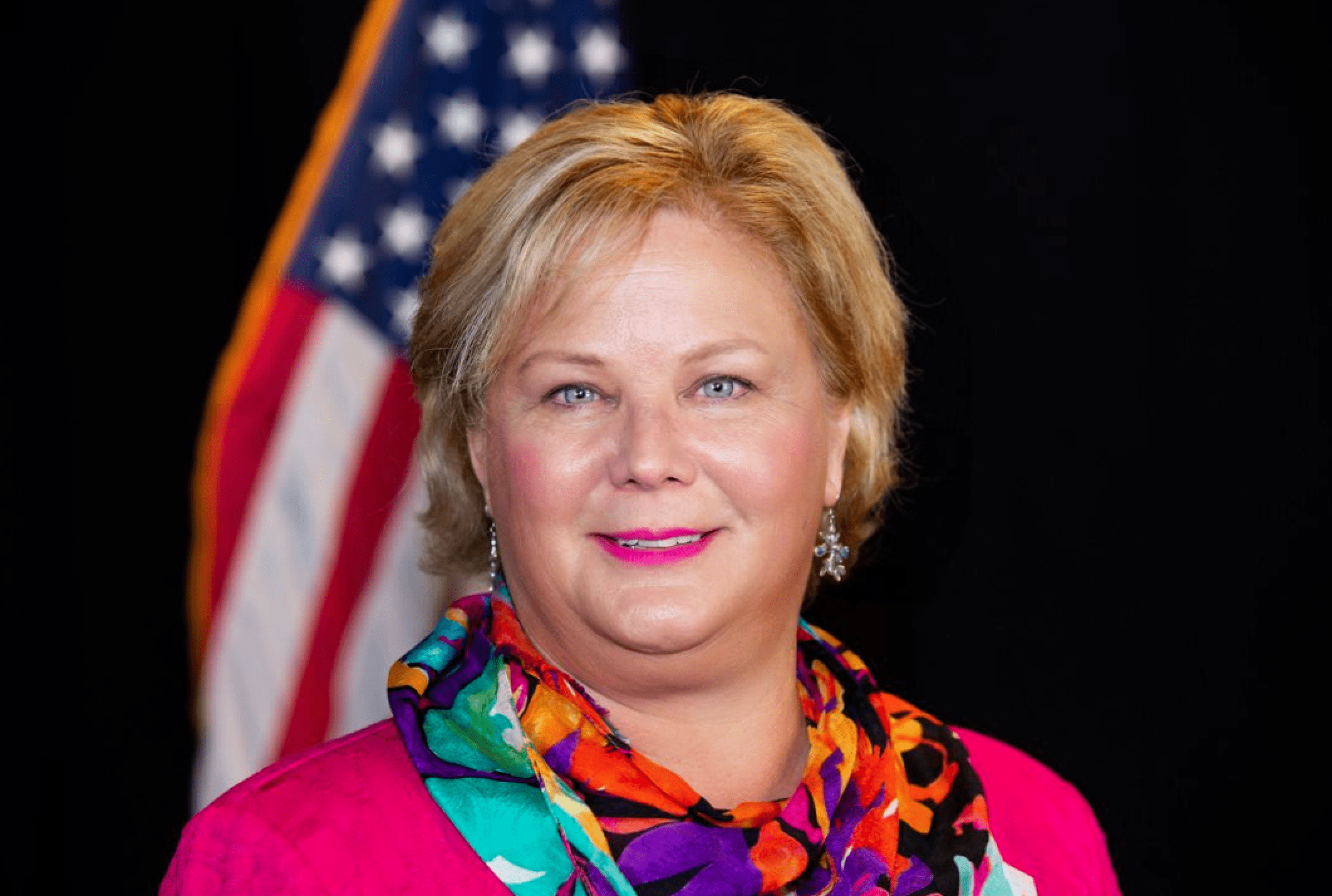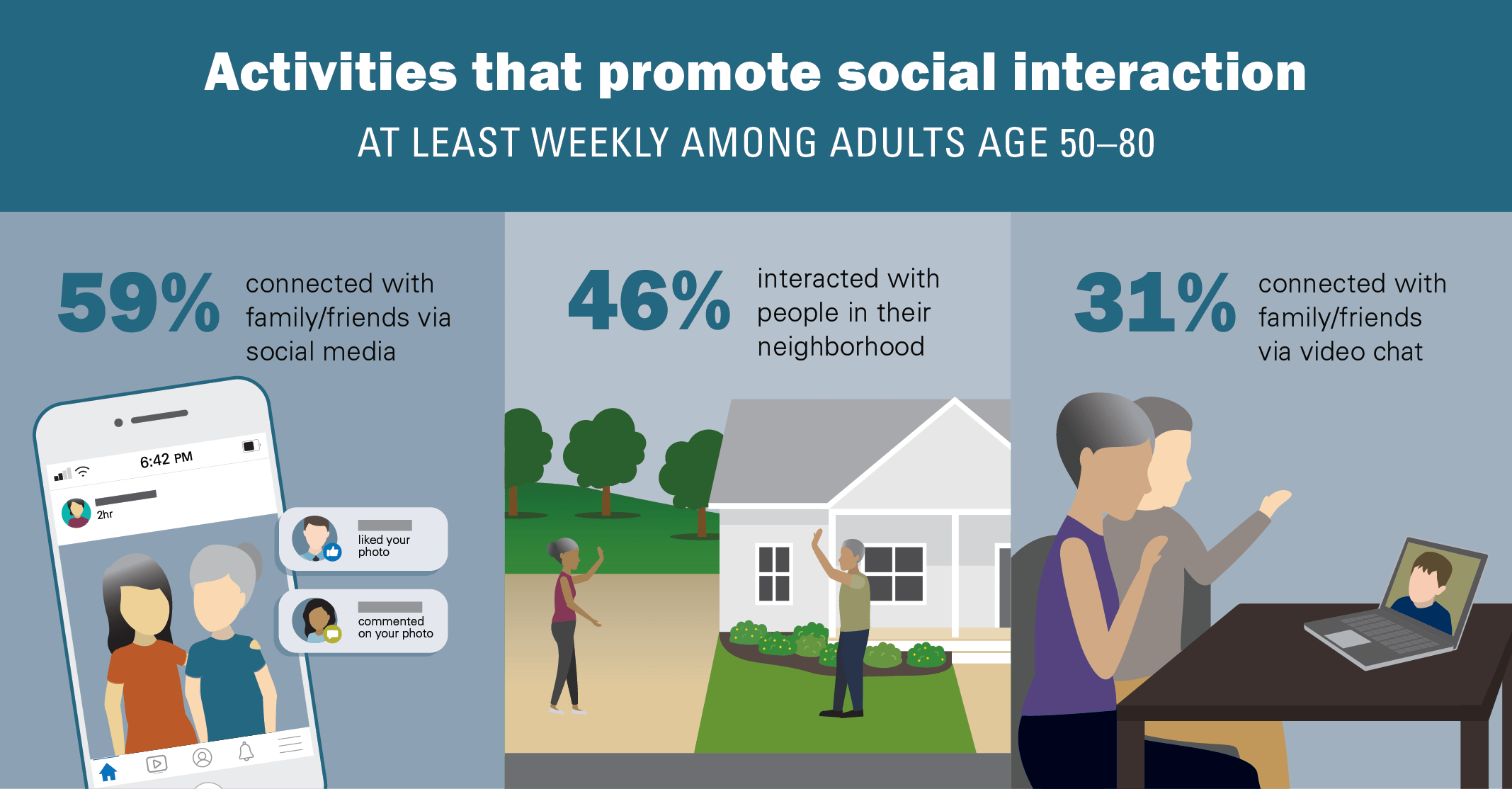
Living Long and Living Well
Right Sizing Home
Living in the same community and the same home for decades is a very powerful anchor to raise. 90% of senior say they want to stay home yet most homes are too large with steps and elevations making life alone difficult to navigate, especially as colder weather. Despite the potential fall hazards, many senior adults resist moving, or right sizing, to a new place.,
Twenty-seven percent of senior adults are solo agers. This number is set to increase with longer life spans and the large cohort of baby boomers experience loss, divorce, and never married at rates higher than preceding generations.
New smaller homes equipped with security and remote-controlled devices are sprouting up across the country however, most senior adults cannot afford the price tags of today’s market. Other options for right sizing may be home sharing with other trust family or friends or some of the new Home Share programs.
We can help to equip a home with the best home safety products for aging in place. Try our easy Home Safety survey tool to get started.
Brain Health
The pandemic changed all of us. In fact, the rates of mental illness are skyrocketing. Social isolation and loneliness rank high among factors exacerbating this epidemic. For seniors, isolation is seven to seventeen times more likely to produce cognitive decline. Keeping vulnerable people safe from an easily transmissible virus produced the unintended consequence of accelerating mental declines of many.
The CDC highlights five significant health risks from social isolation that impacts both of physical and mental health.
- Social isolation significantly increased a person’s risk of premature death from all causes, a risk that may rival those of smoking, obesity, and physical inactivity.
- Social isolation was associated with about a 50% percent increased risk of dementia.
- Poor social relationships (characterized by social isolation or loneliness) are associated with a 29% increased risk of heart disease and a 32% increased risk of stroke.
- Loneliness was associated with higher rates of depression, anxiety, and suicide.
- Loneliness among heart failure patients was associated with a nearly 4 times increased risk of death, 68% increased risk of hospitalization, and 57% increased risk of emergency department visits.
Activities of Daily Living
It is commonly accepted that cognitive impairments are a natural part of aging. In fact, mild cognitive impairment is present in eighteen percent of people over age sixty according to the Alzheimer’s Association. They define mild cognitive impairment as “ “Mild cognitive impairment (MCI) is an early stage of memory loss or other cognitive ability loss (such as language or visual/spatial perception) in individuals who maintain the ability to independently perform most activities of daily living.”
Millions of American live with MCI unfortunately, many will progress to more severe forms of dementia and Alzheimer’s Disease. Physicians assess a senior adult’s need for support services or residential care based on the Activities of Daily Living. I recommend downloading The NYU Grossman School of Medicine’s GeriKit smart phone app . It is an outstanding geriatric assessment tool.
All the other daily tasks of preparing food, cleaning house, laundry, paying bills, attending appointments, going shopping, and other events are classified as Instrumental Activities of Daily Living (iADL). Credit for Caring contains a wide array of products and resources for ADL and iADL support. We believe in preserving independence and autonomy for successful aging in place.
We can help support a person’s ability to remain independent doing their ADLs and iADLs. Occupational and Physical Therapist recommend these tools. Imagine a plate the enables a person with dominant hand weakness to eat with pleasure. Devices to help reach items that are too high or low to safely get. We have dressing, bathing, toileting, and eating tools and product bundles to address each ADL. Let us help you.

Living Long and Living Well
Our twenty-first century lives are expected to be the longest in human history. These three elements of aging in place intersect and impact the other including home that is affordable and safe, health of mind and body, and the ability at age with dignity and independence.
We are here to support your journey.




